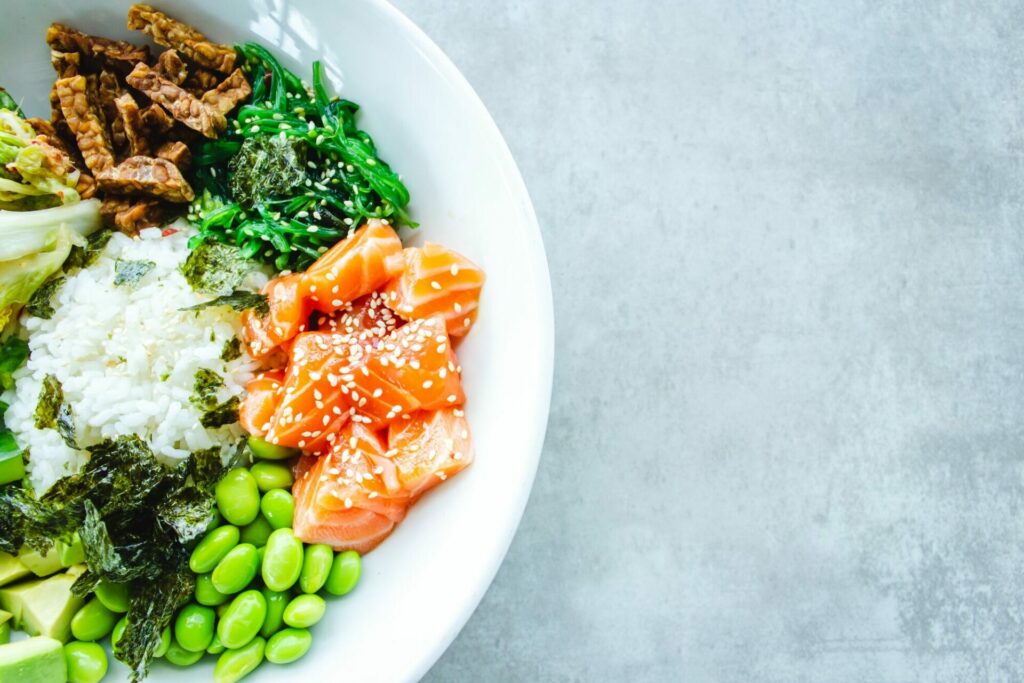Why is Sports Nutrition Important?
Introduction
Sports nutrition is a vital component of an athlete’s performance and overall well-being. To learn more, we sat down with Dr. Ann Brown, Performance Nutrition Specialist and Director of the Human Performance Laboratory here at the University of Idaho. In this blog post, we’ll explore the importance of nutrition for athletes, as well as burst some common myths.
Why is Sports Nutrition Important?
Proper nutrition plays a crucial role in an athlete’s performance, recovery, and overall health. Here are some key reasons why sports nutrition matters:
1. Optimal Energy Levels: The right balance of macronutrients (carbohydrates, proteins, fats) ensures athletes have enough energy for training and competition.
2. Enhanced Recovery: Proper nutrition aids in muscle recovery, reducing the risk of injuries and improving overall performance during subsequent workouts.
3. Improved Endurance and Stamina: The right fuel can help increase endurance, enabling athletes to push their limits and perform at their best for extended periods.
4. Strength and Muscle Growth: Adequate nutrition supports muscle growth, strength, and repair, essential for athletes looking to enhance their athletic capabilities.
5. Maintaining a Healthy Weight: Balancing nutrition helps athletes maintain an optimal weight for their sport, promoting agility and speed.
Common Myths in Sports Nutrition
The more protein an athlete eats, the more muscle they’ll gain
There are many myths around protein. Protein is important for athletes, especially in helping build muscle. However, research has shown that there is a ceiling to how much protein is useful for an athlete to consume in one single meal. This ceiling is around 25 to 30 grams of protein per sitting. That means some protein supplements for athletes that contain 40 grams of protein are not actually providing any additional benefit to the athlete’s body. “Athletes don’t need to eat a steak covered in protein powder,” Dr. Brown jokes. She suggests first meeting protein intake requirements with food, and supplement if needed to facilitate muscle mass growth with exercise training.
Additionally, the protein intake recommendations for the general population is too low for an athletic population. Athletes should aim for between 1.2 to 2.3 grams of protein per kilogram of body weight per day (g/kg/day). Importantly, not all proteins are created equal. With few exceptions, plant-based proteins do not include all the essential amino acids. And even in plant foods that do contain all essential amino acids (such as soy, hemp, or quinoa) important essential amino acids like leucine are present in lower quantities than what is found in animal products. Dr. Brown does not recommend a vegetarian or vegan diet for athletes unless they have health or other personal reason for doing so. “There have been some health benefits documented for plant-based diets, but unclear evidence supporting performance benefits. Athletes can struggle to consume enough calories and protein on these diets.”
It is also important to time the athlete’s protein consumption. Recovery nutrition for athletes should focus on protein-rich foods. On the other hand, carbohydrates should be a more primary focus prior to exercise or a competition.
Carbohydrates are the enemy
“This is a very common one in aesthetic sports, such as dance or even cross country,” says Dr. Brown. “We know that carbohydrates are a fuel source for high intensity exercise. Sports nutrition for endurance athletes or high intensity athletes needs to contain adequate carbohydrates to fuel that exercise.” If carbohydrates are too low, it will be challenging to maintain intensity of exercise.
A related myth is that sport drinks are bad because they contain so much sugar. However, these drinks are made for athletes who are expending large amounts of energy. And aside from carbohydrates, hydration for athletes is very important. However, these drinks are not for everyone, and should be looked at more as a supplement for athletes, not a food replacement. Dr. Brown concludes “Would I recommend sports drinks to someone who was sedentary? No, I would not. But nutrition recommendations change for an athlete.”
Gluten-Free is healthy
“If an athlete has celiac disease or if they have a gluten intolerance, then certainly this is true.” Dr. Brown says. However, if an athlete does not have celiac disease or a gluten intolerance, foods containing wheat or gluten can be an excellent source of carbohydrates. She adds “Many gluten-free products are low in protein and fiber. An athlete who is avoiding gluten must pay close attention to how that may be affecting the consumption of other nutrients.”
Cheat days are fine
“Athletes who are using cheat days likely need to re-examine their relationship with food,” says Dr. Brown. “I am a big believer in that all food is acceptable. There are no good foods or bad foods.” Athletes using cheat days are usually those who regularly deny themselves certain foods. While that may have short-term gains, it can cause harm in the long-term. “There is never a reason to deny a slice of birthday cake.” she says. “Just don’t eat the whole birthday cake by yourself.”
Conclusion
Nutrition to boost athletic performance and recovery has only recently come into the limelight, as the focus traditionally rested with strength and conditioning. However, recent science gives athletes tools to help them optimize energy, enhance recovery, improve endurance, and strengthen their bodies. Here at the University of Idaho, our athletic training program recognizes that diet is an important part of wellness. We’re fortunate to have Performance Nutrition Specialists like Dr. Brown to help our students navigate the emerging science of performance nutrition, so they can support the overall well-being of their future patients.
